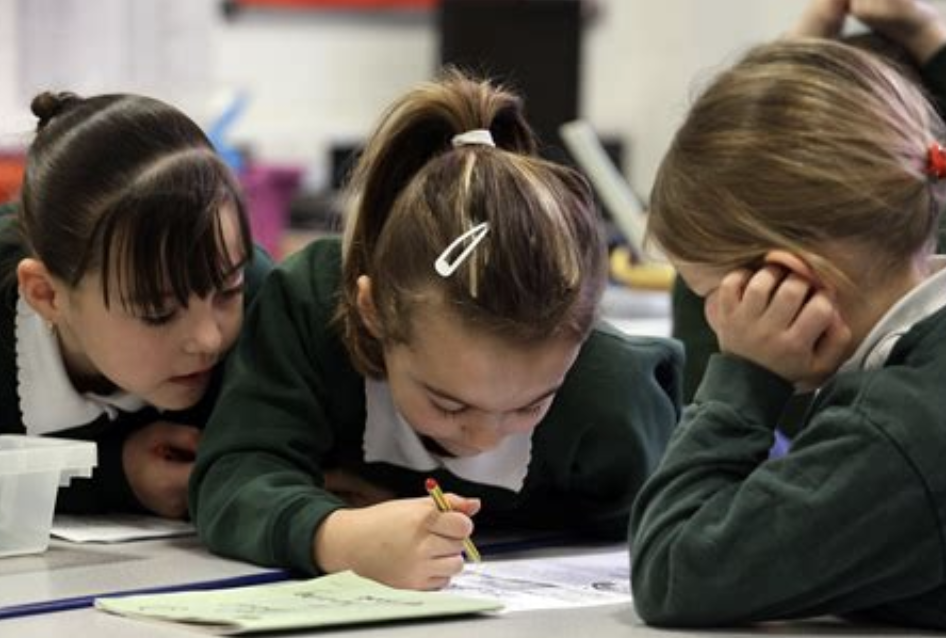Another Study Finds School Children Typically Don’t Spread COVID-19 To Parents
Tyler Durden
Tue, 06/23/2020 – 23:05
The latest study of how COVID-19 manifests in schoolchildren suggests that children don’t play a major role in spreading the virus, according to a Bloomberg report.
Ever since a mysterious inflammatory syndrome first emerged in children infected by SARS-CoV-2, researchers around the world, but especially in the US and Europe (where the syndrome was most widely found), have been working to determine the nature of the connection between this syndrome and the virus.
Of course, there’s an important economic factor at play here as well: Before adults can be expected to return to work en masse, provisions must be made for schoolchildren, since childcare is prohibitively expensive for most families. Many colleges across the US have decided to resume classroom-based learning in the fall, even if students will abide by new COVID-19-sensitive social distancing guidelines. And while most expect elementary, middle and high school students to return to the classroom, most states have yet to make a formal decision.
Scientists at Institut Pasteur, a massive French research institute named after the scientist who invented the pasteurization process for milk, studied 1,340 people in Crepy-en-Valois, a town northeast of Paris that suffered an outbreak in February and March. The study included 510 students from six primary schools.
Among these students, researchers found three students who had contracted the virus. But in each example, it appears the kids didn’t pass the virus on to their parents, or teachers.
Scientists at Institut Pasteur studied 1,340 people in Crepy-en-Valois, a town northeast of Paris that suffered an outbreak in February and March, including 510 students from six primary schools. They found three probable cases among kids that didn’t lead to more infections among other pupils or teachers.
The study confirms that children appear to show fewer telltale symptoms than adults and be less contagious, providing a justification for school reopenings in countries from Denmark to Switzerland. The researchers found that 61% of the parents of infected kids had the coronavirus, compared with about 7% of parents of healthy ones, suggesting it was the parents who had infected their offspring rather than the other way around.
This small study is one of several suggesting that young children do not often spread the coronavirus. Though there has been at least one study showing the opposite.
But because of this small number of students studied, scientist believe they must study more schools like this one. So far, though, it appears a staggering 41% of the children who contracted the virus didn’t show any symptoms…
Understanding the pandemic and the new virus’s transmission patterns is key to determining which parts of society can reopen – or should be shuttered again in the event of a resurgence — and mitigate the outbreak’s impact on the economy. The data on kids has been contradictory so far, with some reports corroborating the Pasteur findings and at least one pointing the other way.
Epidemiologist Arnaud Fontanet and colleagues said more studies on schools were needed because of the small number of cases they were able to study. They found that an estimated 41% of the children infected showed no symptoms, compared with about 10% of adults.
…that compares to just 10% for adults.
